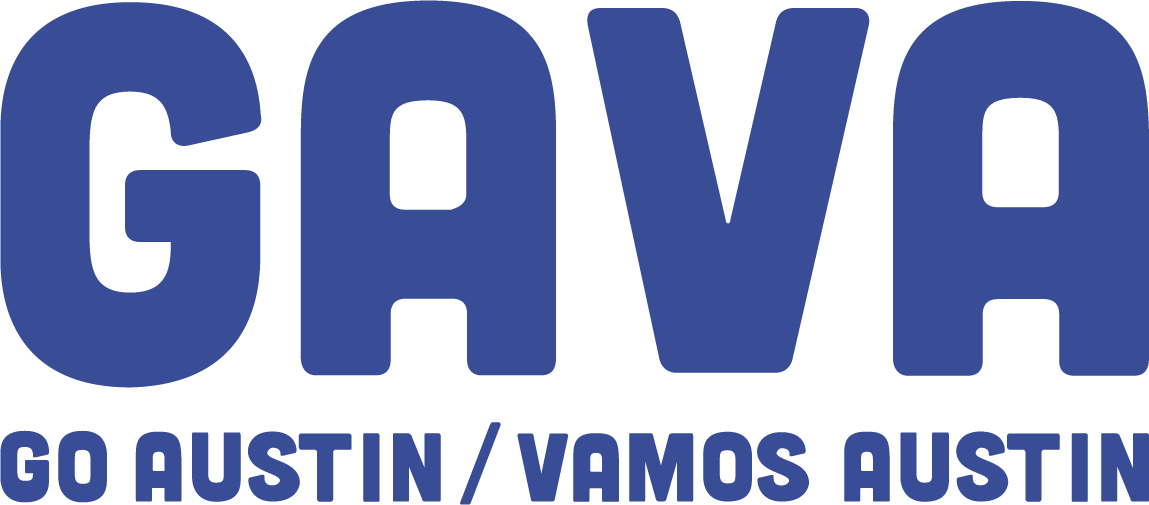Building Community Power for Health Equity
GAVA supports policies that reflect the needs and expertise of people in our neighborhoods who are directly affected and involved in the issues. GAVA’s coalition of residents and nonprofits work together in teams to address their shared goals and focus on leadership development.
We work to ensure that residents are heard on policy issues that matter to them. We provide training, resources, and support to develop strong community leaders who can collectively identify issues and concerns around health and safety in their neighborhoods and work on solutions. This means getting communities together to co-create policy positions and papers, make recommendations for the city budget, meet with their representatives, and give testimony.
Our policy issues of focus include anti-displacement funding allocation, land use, disaster preparedness & response, workforce equity for early childhood care takers & educators, and equitable food policy planning.
How to get involved
Call or meet with your representatives, give testimony at a council meeting, or join a community campaign for policies that support the health of your community! Anyone, regardless of residency status, can become involved and make a difference.
Climate & Community Preparedness
- Address infrastructural needs to mitigate the risk of flooding and other climate shocks and stressors
- Ensure adequate and equitable disaster preparedness, as well as warning, response, and recovery
- Support residents’ right to stay in their community as the city grows and development pressures increase, especially as much-needed infrastructural improvements are made

EARLY CHILDHOOD AND FAMILY HEALTH
Follow the lead of longtime childcare providers and caretakers to guide policies that reduce costs and increase wages for those providing the most affordable childcare including “friends, family, and neighbors” (FFN) of parents with young children.
These include:
- Property tax relief for home-based childcare providers (e.g. property tax relief)
- Supplemental income supports and professional development opportunities for caretakers outside of childcare centers
- Increased Continuity of Care funding to expand local subsidies and include families who fall just outside of federal eligibility requirements
Food Policy
- Ensure that community members concerned with food access and engaged in food justice work are engaged in the process to develop more equitable policies related to our food systems in Central Texas
- Leverage resources to support, launch, and incubate community-owned and community-driven initiatives that support access to healthy, culturally relevant foods
- Bolster innovation and entrepreneurship among community leaders to feed their communities and support their families

Neighborhood Stability
Land Use and Transportation
- Advocate for representative participation in neighborhood and community planning, so that policies and protocols are co-created by directly impacted people who have lived experience living with low income and depending on public transit.
- Mitigate and prevent displacement and support neighborhood stability
- Support pedestrian-safe infrastructure & traffic calming efforts
- Ensure equitable access to services for those who depend on public transit, especially in Austin’s Eastern Crescent
- Ensure responsible spending of the $300M anti-displacement funds from Project Connect, to mitigate displacement caused by increased taxes and rents as well as upzoning along the transit corridors
Equitable Infrastructure & Green Space
-
Improve infrastructure in parks, public spaces and neighborhoods, and partner with local organizations to co-create public spaces and resources that support active living, cultural sharing, and community cohesion
-
Ensure prioritization of equitable funding for culturally relevant programming for all ages
-
Increase opportunities for park adoption, neighborhood gardens, and early outdoor learning
Archive
-
GAVA | City of Austin Budget Recommendations
GAVA | City of Austin Budget Recommendations: Fiscal Year 2026
GAVA | City of Austin Budget Recommendations: Fiscal Year 2025
GAVA | City of Austin Budget Recommendations: Fiscal Year 2024
GAVA | City of Austin Budget Recommendations: Fiscal Year 2023
GAVA | City of Austin Budget Recommendations: Fiscal Year 2022
